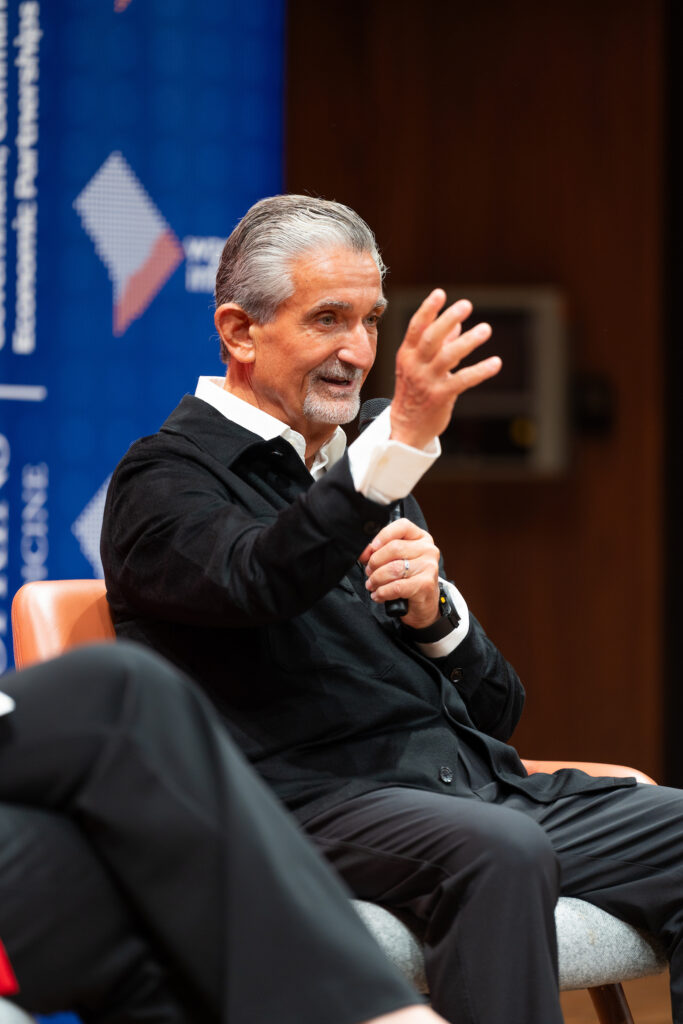6 insights from innovators shaping America’s technology future
Leaders in technology and startups shared their advice on entrepreneurship, AI, and building a resilient innovation ecosystem during DC Startup & Tech Week
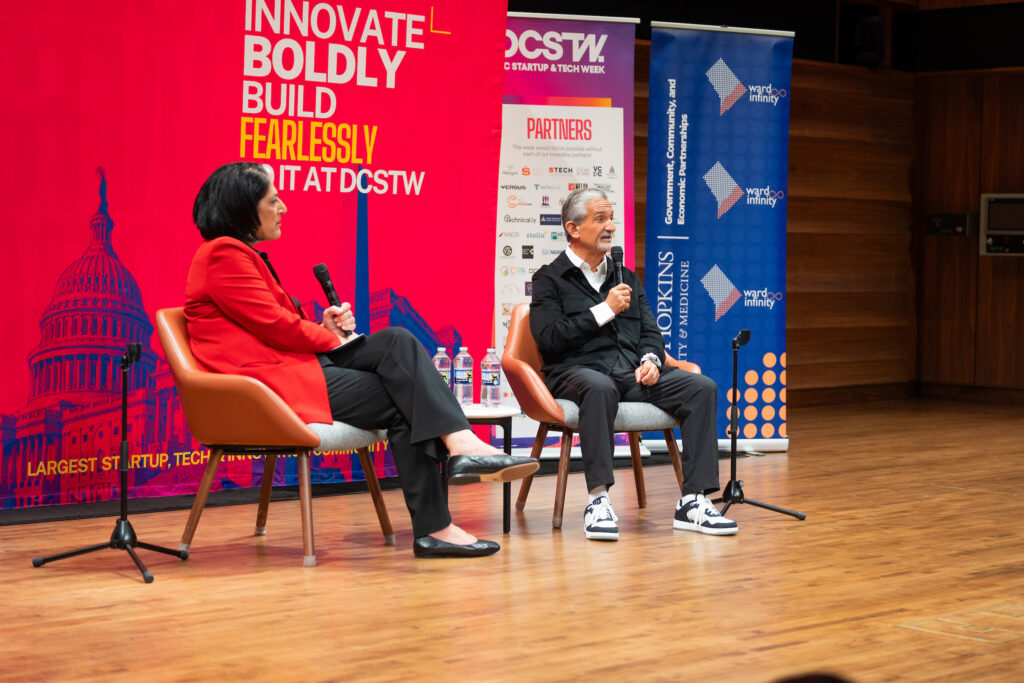
Achieving a breakthrough is rarely linear—innovators climb a jungle gym, not a ladder. It requires experimentation, adaptability, and a willingness to build amid uncertainty. On the first day of the 10th annual DC Startup & Tech Week, founders, investors, and entreprenuers gathered at the Johns Hopkins University Bloomberg Center to share candid perspectives on what it takes to launch and scale new ideas in a rapidly shifting technology landscape.
Across discussions on AI, regulation, entrepreneurship, and public-private partnership, a consistent theme emerged: American progress accelerates when innovators challenge the status quo and stay focused on impact. Here are six insights shared by leaders driving the next chapter of American innovation.
On the power of one idea
“Every great movement and every billion-dollar startup starts with one person, one founder, one idea, one act of courage. … It is the courage to have that one idea to say, ‘I’ll take the risk. I’ll build that thing that no one’s built before.’ It is those decisions that often happen in the middle of the night when you’re trying to figure out how to make payroll or why in the world you gave up your cushy day job to pursue this passion. Those decisions have ripple effects. They ripple out into the world around you, and they are what build a thriving ecosystem.”
– Myra Norton, head of the acceleration team for Johns Hopkins Technology Ventures
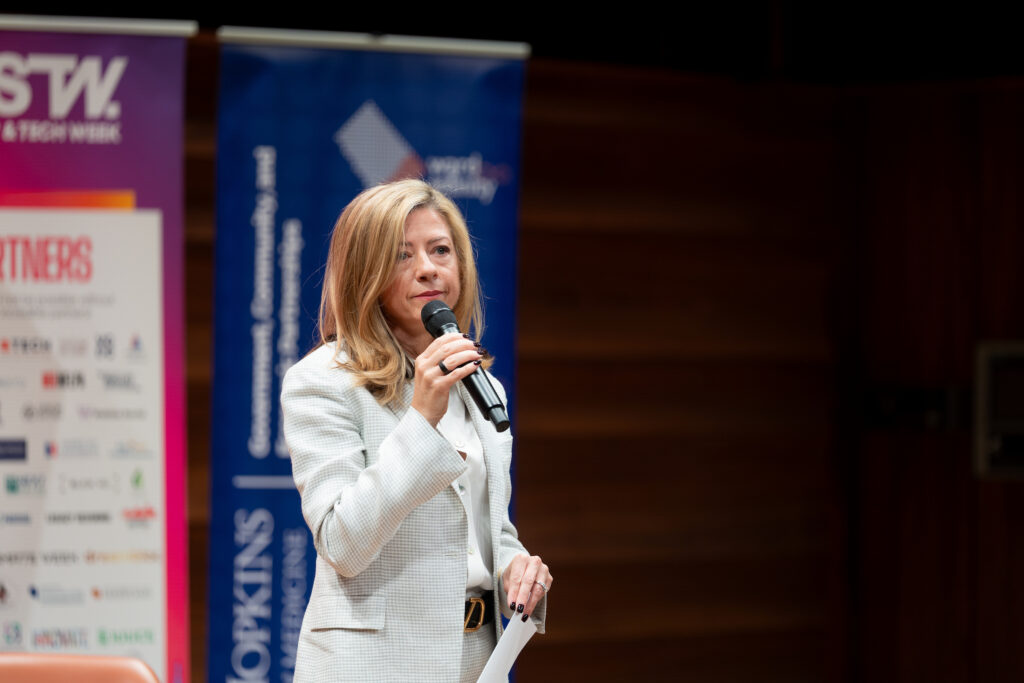
On using AI to maximize human well-being
“You need to know how to ask an AI a question—that’s prompt engineering. Context engineering is 100 times more important than prompt engineering, and you need to own your own context. What that means is you should own your health data, your finance data, your relationship data, your social graph, your faith data, your education. You should own it all, control it on your own device, and only give to the AI what you want it to have to answer your question or give you guidance. … If you start intelligently using AI, you’ll be able to have AI coach you day by day, so that you can live your best life. I think that happiness can be completely disrupted by AI if we deploy it and design it to that end.”
– Paul Allen, founder and former CEO of Ancestry.com
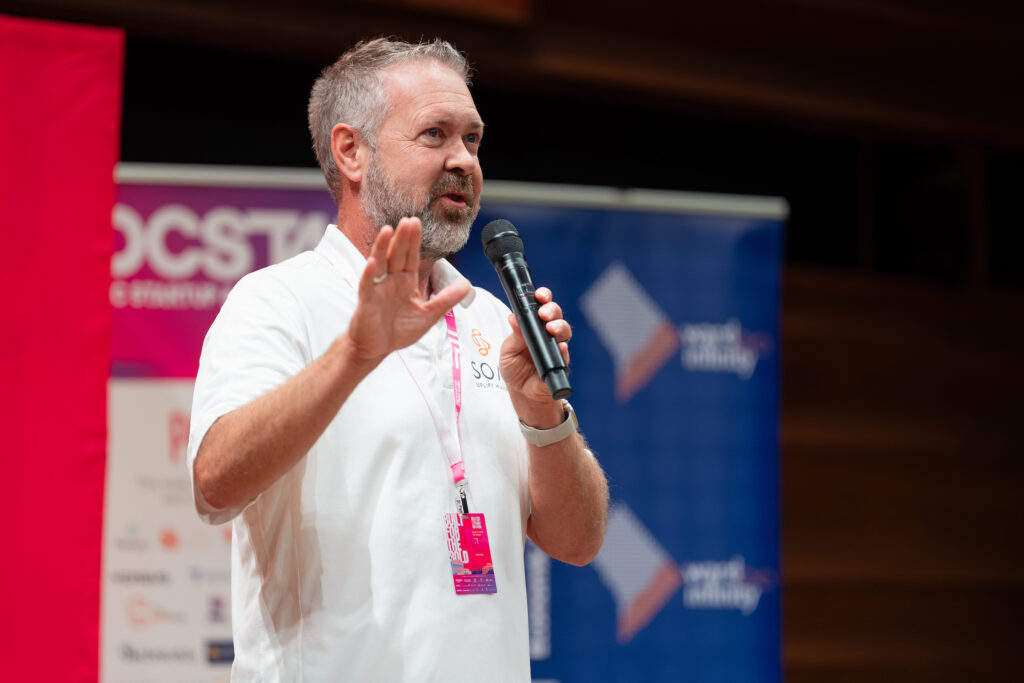
On embracing technological change in regulation
“I think that it didn’t really sit well with people to regulate through enforcement and then demand that people fit in with the old way of doing things, rather than ‘Let’s take our [SEC] forms and rules and let’s change them so that it works with the new inventions.’… In a really changing world, nothing ever is finalized, and so you have to be constantly attuned to what needs tweaking and how to accommodate new ideas, new ways of doing things.”
– Paul Atkins, chairman of the U.S. Securities and Exchange Commission
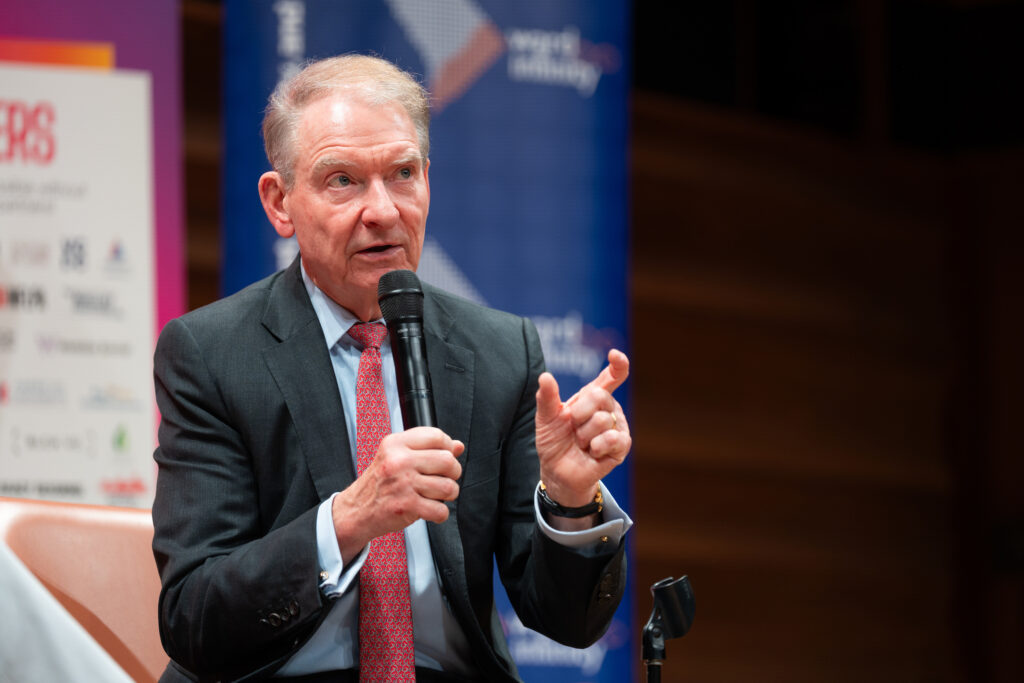
On areas of tech advancement that the U.S. cannot afford to lose
“I think we can do a lot more on quantum, and I think it’s not about AI alone. It’s about the application of AI and accelerating that in a really significant way. What I think we can absolutely crush if we’re in it together is showing the return on investment from AI to both divest and show growth. … Input metrics are great. Outcome metrics are better. I think this is an area that we can close on in the next six months.”
– Justin Fanelli, chief technology officer for the U.S. Department of the Navy and adjunct assistant professor at the Georgetown University Center for Security Studies
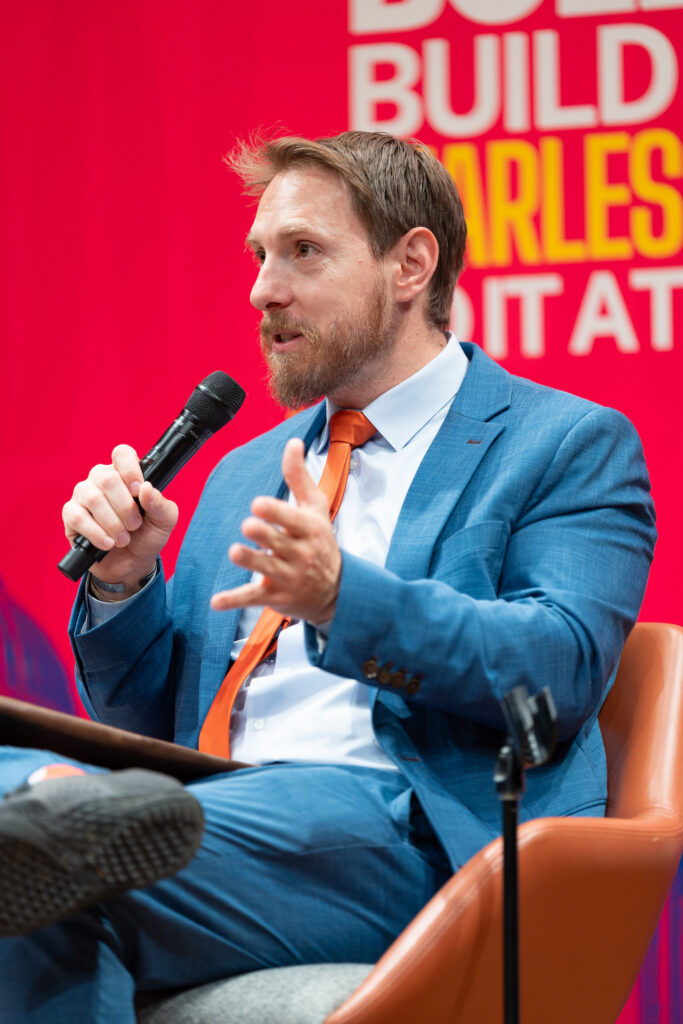
On purpose-driven entrepreneurship
“I have always thought of myself as an activist before being an entrepreneur. So for me, it was just, how do I address issues I care about? And it’s almost accidental that I ended up in business doing it. For me, it has been an incredible way to really be an activist.”
– Seth Goldman, co-founder and CEO of Just Ice Tea and former CEO of Honest Tea
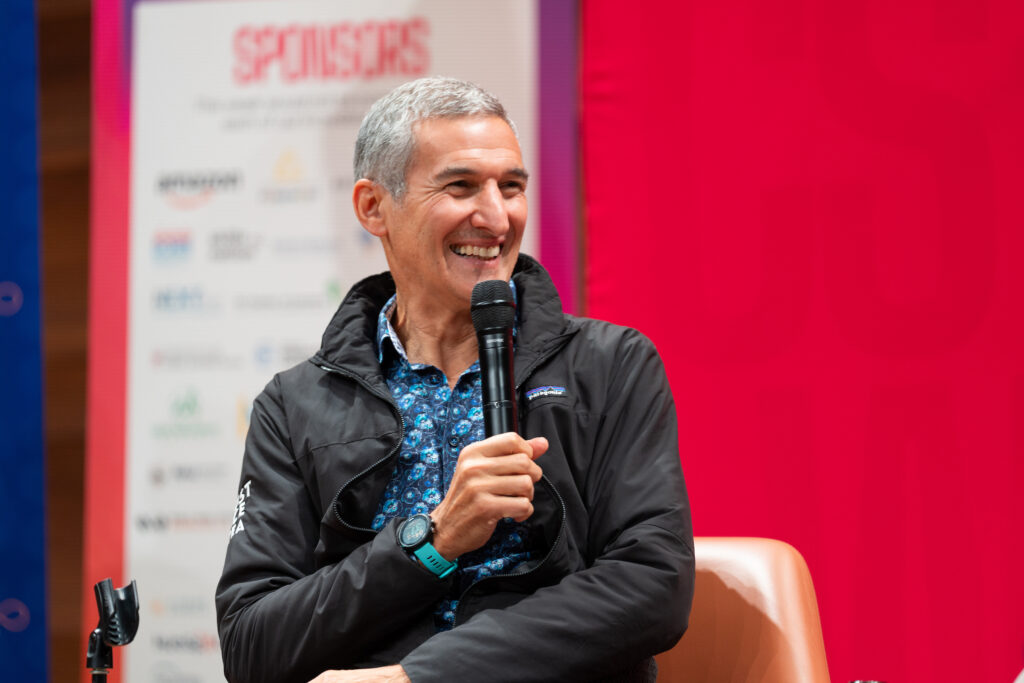
On seizing opportunity amid uncertainty
“All the things that you aspire to, all of the things that you think matter, you get this moment of clarity when you have a reckoning—and I guarantee every person in this room is going to have a reckoning—and take those reckonings very, very seriously. Someone’s going to break your heart, an aspiration that you have, you’re not going to be able to achieve, and a plan won’t be met. And it’s how you act during that downturn that will drive what the next phase is.”
– Ted Leonsis, founder and CEO of Monumental Sports & Entertainment
